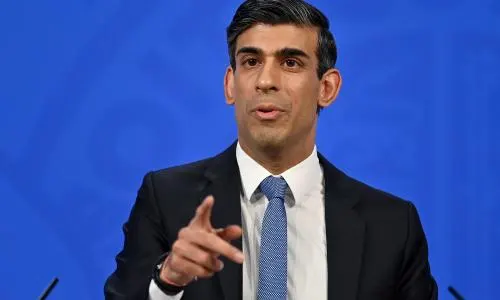INTERNATIONAL 29/11/2022
ECOWAS Court Reverses Decision Suspending Proceedings From Three Member States

The ECOWAS Court of Justice has reversed its initial ruling of September 30, 2021 suspending proceedings three member states, Mali, Guinea and Burkina Faso.
This means that the court will be able to once again entertain cases that border on human rights violations emerging from those countries.
The court reached this decision during an orientation workshop organized for the two new judges and newly recruited staff of the court on November 24, 2022. President of the Court, Honorable Justice Edward Amoako Asante, who had presented the matter before the participants of the workshop for consideration, said the suspension of the three member states was a political sanction, and does not amount to an exclusion of those member states from ECOWAS.
The reversal decision is in accordance with Article 78 of the Rules of the Court which states that: “the proceedings may be stayed, one, in all cases by decision President adopted after hearing the parties, and save in the case of references for a preliminary ruling.”
However, upon deliberation, which took in consideration the scope of the measure of suspension adopted by the Authority of Heads of State and Government, ECOWAS, the honourable judges arrived at the decision to reverse the decision previously made.
Hence, the three member states are once more under the sphere of jurisdiction of the Court and all applications coming from the countries or their citizens, shall be admissible before the court.
It will be recalled that the court’s initially suspension of proceedings from the three members states is as a result of the military takeover of governance in all three countries without the intention of handing back power to the civilians.
Besides the suspension, ECOWAS had imposed strict economic and financial sanctions on Mali in January, and threatening to do the same to Burkina Faso and Guinea where the military took over power in January 2022, and September 2021, respectively.
At a meeting of the Authority of Heads of States and Government, last June, 12 of regional member states have stayed the suspension on Mali, Guinea and Burkina Faso and gave their governments no more than 16 months to transfer power to civilian rulers as opposed to their plans to cling onto power for many years.
The court’s decision will be commended by human rights agencies such Lawyers Without Borders Canada (LWBC), Amnesty International and the International Federation for Human Rights (FIDH), which had considered the suspension as unfortunate coming at a time when human rights violations in both Mali and Guinea were at an increase.



